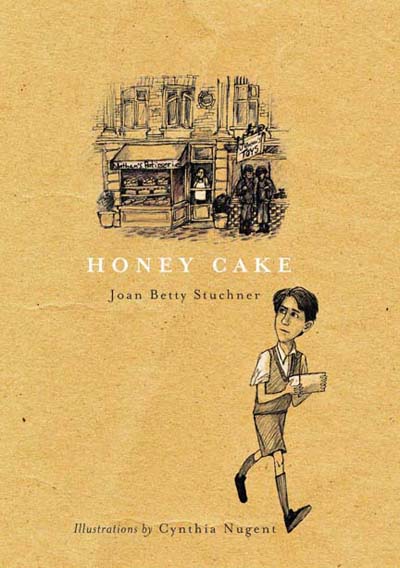I'm adapting one of my picture books into a short musical play. So I've been thinking about dialogue again. It's something we have to think about when we write any fiction, but this new venture reminded me that conversation in a story or play can be used for all kinds of things. It reveals more about the character than s/he might want revealed. Or it gives information to the audience. One character's silent reaction to another character's monologue might reveal something about both of them. Listen to the way people talk to one another. Listen to the way you talk to people. Try to remember conversations you have at the dinner table. Pay attention. Do people really listen to one another, or do they talk over each other? On stage that would be stepping on someone else's lines.
Listen to people on the bus. On the subway. Listen to those loud cell phone conversations that people have. Do they want you to think they are very important people? Or have they forgotten they are on a crowded bus?
Most people have distinctive styles of speech, and many will use a word or expression over and over again.
Write a short scene and see how you can make the conversation tell the story. Read it out loud to check whether or not it sounds natural.
The last time I wrote about dialogue I mentioned that I was in a show, and that the dialogues and monologues kept changing during rehearsal. That's because some things just sounded better to each of us, and we were more likely to remember certain words and expressions (it was a group effort, so no playwright's feelings were likely to be hurt). Also, what sounds natural to one person could sound false to another. I'm sure that if this play of mine gets to the rehearsal stage the same thing will happen. An actor might say, "This just doesn't work for me. Can I change it a little?" For the good of the show I will have to say, "Yes."
Josephine's Dream Reading

Trying to look like Josephine Baker - and failing miserably!
Niagara Falls

Conquering the Beast
Sunday, November 15, 2009
Thursday, November 12, 2009
Remembrance Day
Yesterday I watched Ottawa's Remembrance Day ceremony on t.v. Young and old stood together to think of, and honour, all the soldiers, nurses and others who risked their lives in order to make the world a better place. Many in the crowd had seen war first hand, and you could tell, from the sorrow that lined their faces, that the memories were not joyful ones. Many of those who served were young and never had the chance to grow old.
There are some who served on the front lines who never talked about it. Some of those stories are lost, but it's up to us to make sure that as many stories as possible continue to live. If one of your relatives wore a uniform and served in one of the wars, ask that person to tell you his/her stories. Record them or write them down. Maybe you'll try to publish them and maybe you won't, but you should keep them safe for the next generation to learn from. Everyone's story is different and important. Let's not forget the courage of ordinary people.
There are some who served on the front lines who never talked about it. Some of those stories are lost, but it's up to us to make sure that as many stories as possible continue to live. If one of your relatives wore a uniform and served in one of the wars, ask that person to tell you his/her stories. Record them or write them down. Maybe you'll try to publish them and maybe you won't, but you should keep them safe for the next generation to learn from. Everyone's story is different and important. Let's not forget the courage of ordinary people.
Subscribe to:
Comments (Atom)








